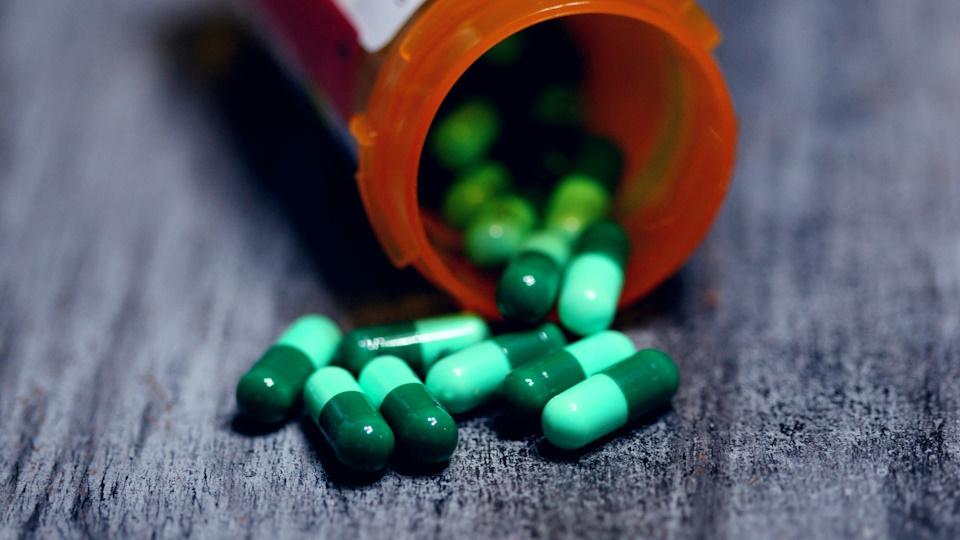CDC recommends first post-exposure antibiotic for STIs

Faced with a dramatic rise in sexually transmitted infections, including syphilis, chlamydia, and gonorrhoea in the US, the US government has, for the first time, backed the use of an antibiotic for post-exposure prophylaxis (PEP).
The doxyPEP regimen is recommended for use in groups at higher risk of contracting the STIs – including gay, bisexual, other men who have sex with men (MSM), and transgender women – within 72 hours of having unprotected sex.
In three large clinical trials, 200 mg of doxycycline taken in that timeframe has been shown to reduce syphilis and chlamydia infections by more than 70% and gonococcal infections by approximately 50%.
DoxyPEP can also be used to prevent malaria infection both before and after exposure, so there is a precedent for its use as PEP.
The Centres for Disease Control and Prevention (CDC) issued the new guidelines today and its decision is believed to be the first national effort to use doxyPEP in this way – and may influence other countries to follow suit.
In its update, the CDC said that there are “no vaccines and few chemoprophylaxis options” for syphilis, chlamydia, and gonorrhoea, which disproportionately affect the MSM and TGW communities.
It recommends that a prescription for doxyPEP be offered to people in this group who present within 72 hours after having oral, vaginal, or anal sex, in the context of a wider sexual health approach that includes risk reduction counselling and screening and treatment for STIs.
For now, the CDC has stopped short of recommending doxyPEP for other groups, including heterosexual and cisgender men and women, because of a lack of data, as well as concerns about the risk for development of antimicrobial resistance (AMR) with more widespread use.
It’s worth noting that GSK has made significant strides in gonorrhoea of late – which has seen the rate of resistance to doxycycline climb – with promising results for a new antibiotic and vaccine, while Sanofi and other groups are working on vaccines for chlamydia.
Syphilis remains an elusive target for vaccination, and earlier this year, the FDA authorised emergency imports of a French antibiotic due to shortages in the domestic market.
CDC figures from 2022 show that there were around 2.5 million cases of chlamydia, gonorrhoea, syphilis and congenital syphilis in the US, with a 17% rise in syphilis cases, chlamydia fairly flat, gonorrhoea slightly down on the prior year.
Gonorrhoea cases had however risen around 11% in the prior five years, and the reduction in 2022 was the first in a decade.
Photo by Alexander Grey on Unsplash













